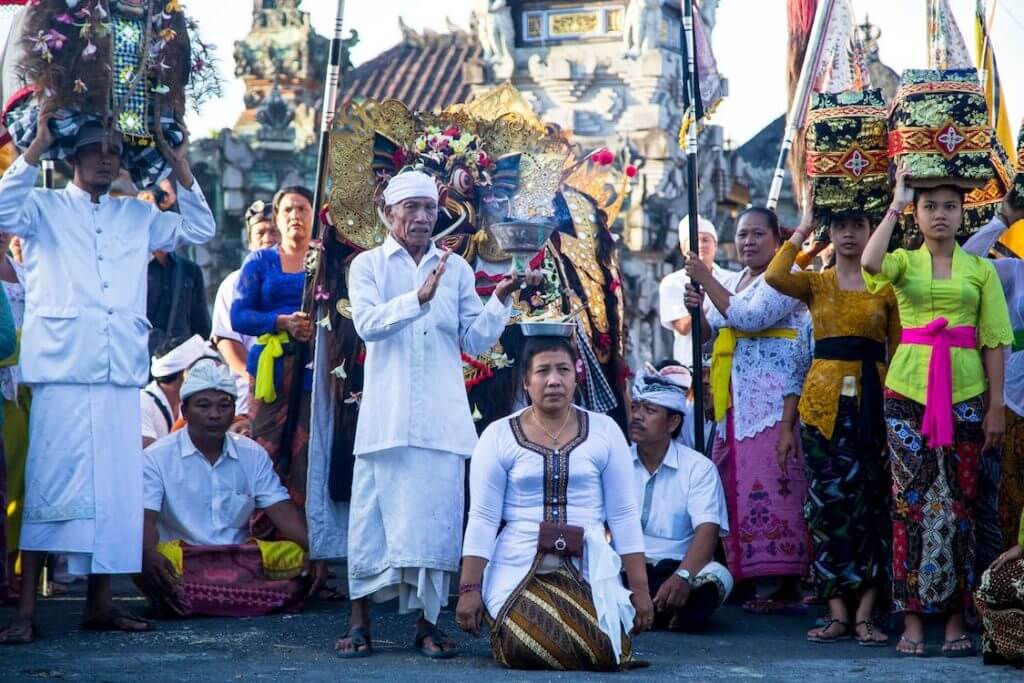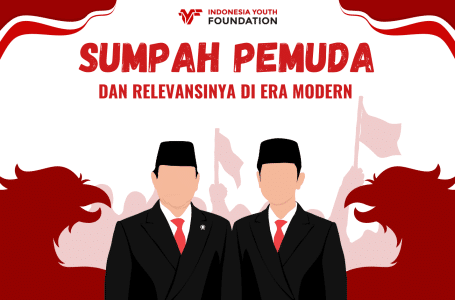AIESEC In Universitas Indonesia Held Global Village Winter 2025
Indonesia is a country that has various diversity, such as religious and cultural diversity. The Indonesian government acknowledges that there are six religions in Indonesia namely Islam, Protestantism, Catholicism, Hinduism, Buddhism, and Confucianism. Thus, it cannot be denied that Indonesia has many holidays.
Nyepi or the day-of-silence is one of the holy days that belong to Hindus and is celebrated every Saka New Year, according to the calendar used by Hindus in Bali and Lombok. The meaning of Nyepi day for Hindus is to leave worldly activities in silence by meditating. One of the goals of the Nyepi Day celebration is to find one’s identity in order to get a balance between oneself and the universe.

Meanwhile, Ramadan is the ninth month in the Hijri calendar and is considered as a holy day for Muslims. Muslims around the world will fast from dawn to dusk with the sound of the call to prayer as a sign of breaking their fast during this month. This month, when fasting is obligatory for Muslims to be done, is one of the Pillars of Islam. Muslims around the world, including Indonesians, certainly welcome this holy month with enthusiasm because it is full of blessings and forgiveness.

Uniquely, in 2023, Indonesians celebrated Nyepi and the month of Ramadan nearby. The followers of both religions are cheerful in celebrating these holy days. Indonesia as a country that upholds “Unity in Diversity” or Bhinneka Tunggal Ika welcomes and celebrates Nyepi day and Ramadhan month with full respect for each other.
According to I Nyoman Kenak, the Chairman of Parisada Hindu Dharma Indonesia (PHDI) Bali, “The observance of Hindu religious days alongside other religions like Ramadan is not new.” He claimed that the situation was repeating itself and was proceeding smoothly and in a systematic way. This is so because society is built on the principles of religious tolerance. Below are some actions are taken to observe this religious holiday while protecting worshipers’ peace, security, and comfort, as quoted from Kompas (21/03/23)

Additionally, Muslims are not required to use private vehicles to do Tarawih prayers; they may do so on foot to the closest mosque or at their own homes. Coordination with the Customary Village Prajuru or Village Authorities must take place prior to the implementation of Tarawih in mosques or prayer rooms. Muslims who would perform the Tarawih prayers in a congregation outside of their homes are urged not to come in groups, avoid using loudspeakers, and use restricted lighting while people (Hindus) conduct worship in their houses.
Writer: Agnes Damora Siburian
Reference:
Image Source:








